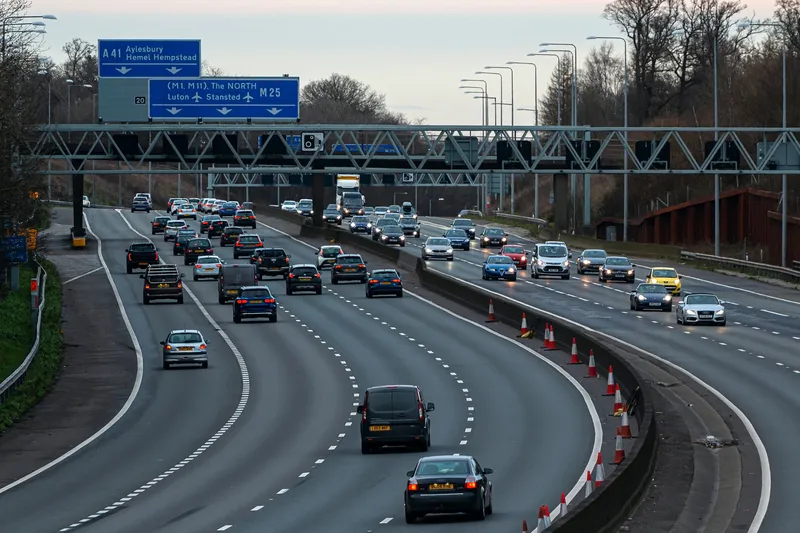The UK Department for Transport (DfT) has released its circular on Traffic Signs Regulations and General Directions 2016 (TSRGD), which it says represents a significant contribution to the Government's deregulatory programme.
TSRGD prescribes the designs and conditions of use for traffic signs, including road markings, traffic signals, pedestrian, cycle and equestrian crossings, to be lawfully placed on or near roads in England, Scotland and Wales.
Reducing sign clutter was a key aim of the revision of the Traffic Signs Regulations and General Directions, says the circular. TSRGD 2016 contains a number of changes which will cut costs, complexity and sign clutter. It provides a modern framework that will mean far fewer signs need to be placed, and gives local authorities the right to remove many of their existing signs.
According to the circular, “Overuse of traffic signs blights our landscape, wastes taxpayers’ money and dilutes important road safety messages. Research carried out by the Department to inform the Traffic Signs Policy Review showed that the number of traffic signs has doubled in the last 20 years. This is unsustainable, and bears out the need to reduce signing whenever possible. A culture change is needed in the way signing is used.”
The Department sets the legislation governing what traffic signs look like and mean, but decisions about which traffic signs to place and where to place them is a matter for local authorities. TSRGD 2016 gives authorities more tools than ever before to tackle the scourge of too many signs.
In his introduction to the circular, transport minister Andrew Jones says, “This radical overhaul of TSRGD represents a significant contribution to the Government's deregulatory programme. By removing much of the cost and red tape associated with the delivery of traffic management solutions, and by broadening the range of available information on traffic signs, road users will feel the benefit sooner in terms of reduced congestion, improved road safety and clear and succinct signing - thus benefiting the wider economy. We have also included a range of new signs to promote cycling take up and safety.
“We have stripped out the rules that contributed to the proliferation of traffic signs; providing a pragmatic regulatory regime that keeps the message to the minimum necessary, without distracting road users and spoiling the environment.”
UK DfT releases new traffic sign regulations
The UK Department for Transport (DfT) has released its circular on Traffic Signs Regulations and General Directions 2016 (TSRGD), which it says represents a significant contribution to the Government's deregulatory programme. TSRGD prescribes the designs and conditions of use for traffic signs, including road markings, traffic signals, pedestrian, cycle and equestrian crossings, to be lawfully placed on or near roads in England, Scotland and Wales.
May 5, 2016
Read time: 2 mins








